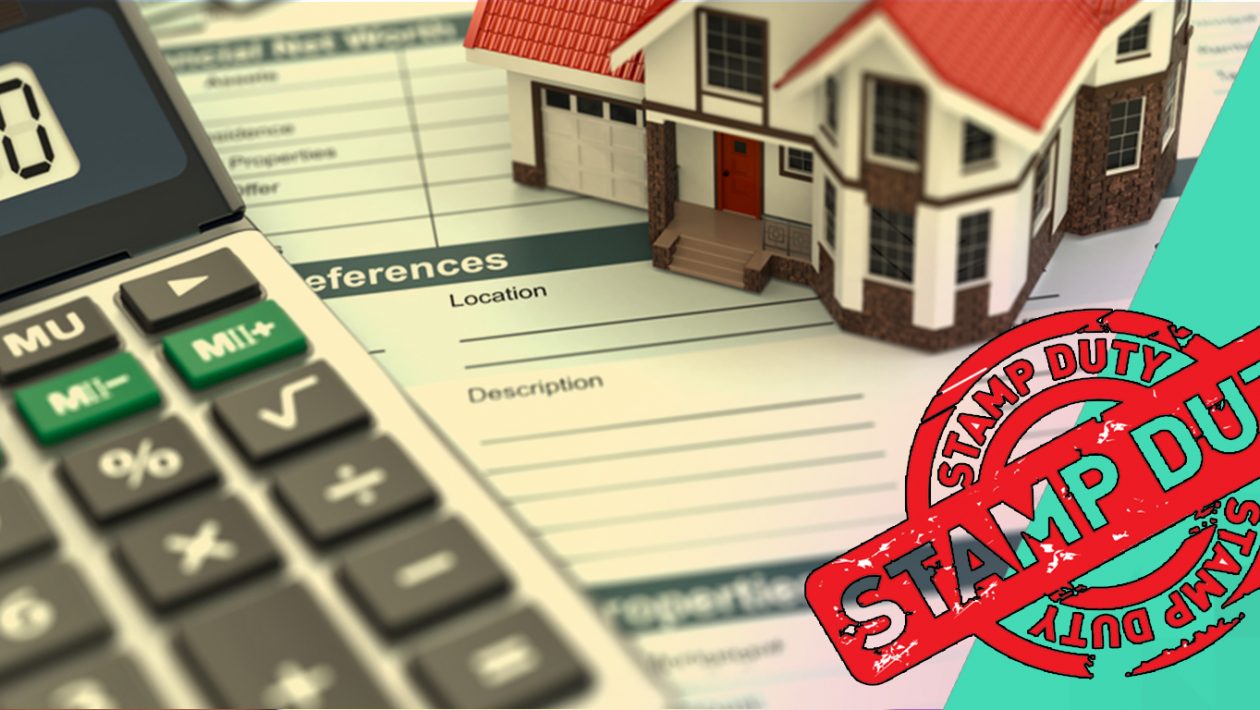There are many ways to transfer a property that you currently own. You could sell it, will it to a family member, or even gift it to someone you love. In fact, the gifting of property is quite common in India, especially among members of the same family. When gifting a property to a family member, you will need to execute a gift deed. No money changes hands here. But you still have to pay the necessary stamp duty. Gift deeds need to be registered for the transfer of ownership to be valid.
Gift Deed Property: The basics
Section 122 of the Transfer of Property Act, 1882 allows the transfer of a house or other property through a gift deed. The gift deed is very similar to a sale deed. Both types of deeds contain information about the property, the transferor, and the recipient.
But the simple difference is this: In case of a sale deed, the recipient has to pay a certain amount of money to the transferor to buy the property. When it comes to a gift deed, you can transfer ownership without having to exchange any money.
Getting a gift deed registered in the recipient’s name is important. Registering a gift deed is mandatory. Otherwise, the transfer will be considered invalid. Only then can he/she start the process of mutation. Any utility connections will be transferred to the new owner only after the mutation is complete. Also, it may be that the recipient wants to transfer the property to someone else. In this case, he/she must have a registered gift deed.
The acceptance process can be completed only when the recipient receives the property while the donor is alive. The recipient must now take possession of the property. However, ownership transfer under a gift deed can take place only after you register the property. Stamp duty and registration charges have to be paid at the time of registration.
Stamp Duty—Gift Deed: What You Need to Know
Stamp duty is an important part of the process of buying a property. But it also has to be paid when you gift a property to someone else.
However, the stamp duty rates are not constant across India. In some states, the stamp duty rates for gift deed property transfers are the same as for transfers by sale. But some state governments offer concessions if the property is gifted to direct relatives. How can you find out the exact stamp duty for a particular gift deed property? It would help to use a stamp duty calculator. Then you will get to know the exact amount payable for a particular state.
Typically, the stamp duty across India ranges from 3% to 7% of the property’s market value. Let’s assume a stamp duty of 5% and a property value of Rs.40 lakh. In this case, the stamp duty will amount to Rs.2 lakh, which is not a small sum.
Summing Up
Most people who buy a house in India, take a home loan to fund the purchase. When you register such a house, stamp duty and registration charges will apply. For this reason, many home loan borrowers seek a loan that includes the stamp duty charge. It helps that lenders offer home loans of up to Rs. 5 crore over a 20-year period.
If you are getting a property as a gift, you could look out for the pre-approved financing offers that are available to you.
Stamp duty is a critical component of your property registration. So, it is important that you budget for it, even if you get the property as a gift.









